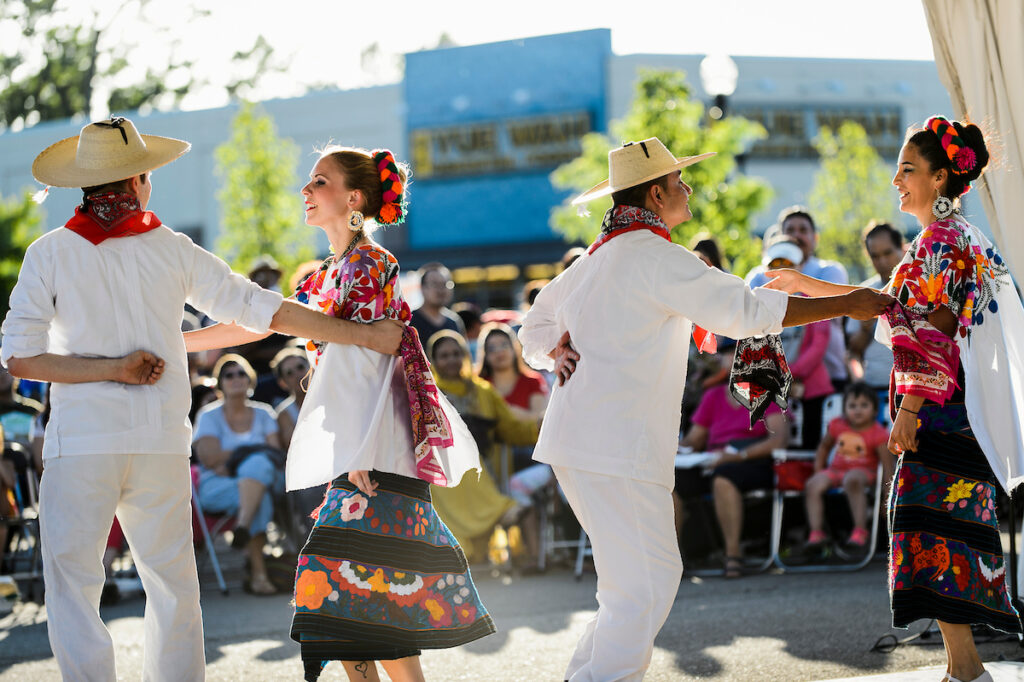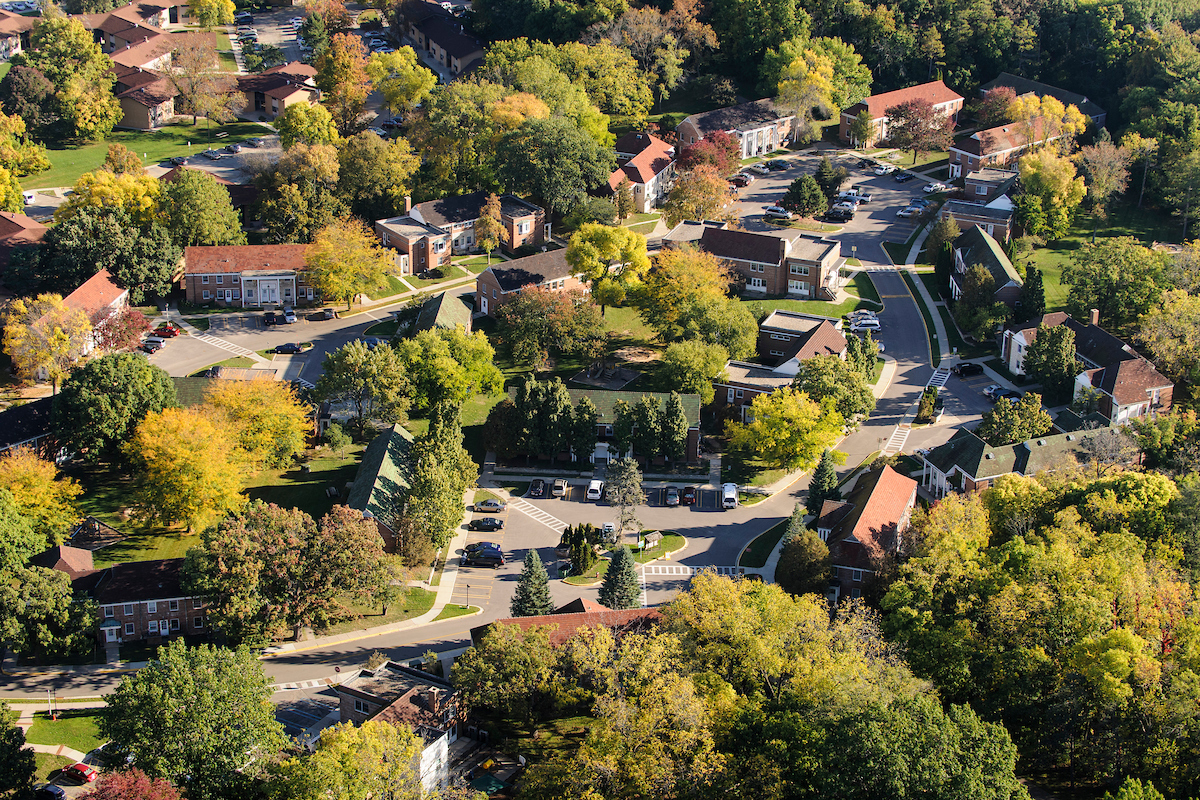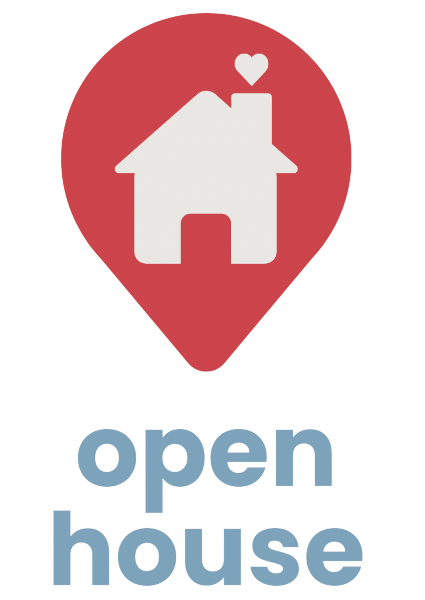
Finding Housing as a Person of Color in Madison: A Mexican American Perspective
Mexican American student at UW-Madison shares insight on housing search amid social, political uncertainty
By: Julia Walcowicz
For Kasandra Facio, being Mexican American is part of her identity, but not necessarily something that influences her housing choices. The first-year student at the University of Wisconsin-Madison grew up near Logan Square in Chicago, a neighborhood known for its multicultural and racially diverse residents.
“My neighborhood was split pretty 50/50. A lot of Hispanic people lived there, but also a lot of white people lived there,” she said. “My school was always pretty diverse, so I never really struggled with my racial identities.”
When Facio moved to Madison, her racial identity did not affect her choice of housing. However, she acknowledges that for some students, it does. She believes it’s important for students to have access to accommodations that validate their identities, such as housing options based on ethnicity, race, gender or religion.
“I know that the university was accommodating to students in terms of getting their roommates assigned, as well as choosing what floors or residential housing to assign them,” Facio said. “So that was definitely an option.”
Facio is one of many students in Madison who faced the challenge of researching sophomore year housing just weeks after starting college. According to a preliminary survey, 65% of UW-Madison students strongly agree that the housing search can be discouraging, due to vague apartment listings, unreliable prospective roommates and financial strain.
Despite those challenges, Facio eventually found housing for her sophomore year — though not through racial or cultural affinity. Like the model offered by universities which allow students to apply for identity-based housing, Students like her could benefit from a tool that helps them locate safe, transparent housing where they feel affirmed and respected. That’s where OpenHouse comes in.
OpenHouse is a nonprofit organization offering housing search solutions which aim to level the playing field for tenants in a tough rental market. To support young adults, OpenHouse uses a “swipe, swipe, sign” feature to highlight the best available spaces that match individual needs — including affordability, location, amenities and more.
For Facio, that might mean using the Roommate Matching feature to secure housing more easily during the hectic early weeks of freshman year. With filters for multicultural identities, religions and interests, OpenHouse offers a transparent, user-friendly hub for finding housing and compatible roommates.
While Facio said she was fortunate not to face significant legal or financial obstacles when finding housing, she acknowledged that for many of her peers, these factors can make or break housing decisions. For some Latinx students, the changing legal status of themselves or family members is a serious consideration.
“It kind of depends on their upbringing, their parents’ financial situation or even their citizenship,” she said. “I know that some students have expressed concern to me about their ability to receive financial aid next semester or whether FAFSA would give away their parents’ legal status.”
At OpenHouse, we understand that the housing process isn’t easy. Economic, social and cultural factors shape how students — especially those from marginalized communities — decide where to live. That’s why our platform includes filters for cultural identities, religious affiliations and personal interests, ensuring a personalized and inclusive search process.
We also prioritize privacy. OpenHouse does not share personal data that could put users, particularly immigrants, at risk. Whether you’re a student seeking a convenient location, a tenant in need of a compatible roommate or a landlord with vacant property,
OpenHouse provides a safe and supportive platform to meet your housing needs.
If, like Facio and her friends, you’ve found the search for a home to be overwhelming, OpenHouse is here to help.
Download the app today — a place that feels like home could be just a “swipe, swipe, sign” away.
Sources:
Academic Planning and Institutional Research (APIR). (2022). UW–Madison Diversity Update. https://diversityforum.wisc.edu/wp-content/uploads/2022/11/Diversity-Forum-2022-APIR-Diversity-Report.pdf
Beth S. (2025). Housing in Madison Survey. https://docs.google.com/spreadsheets/d/1uY9biZTd3VXvh0NQyc0n2NKsDuMRiP07QBLAihfZCac/edit?gid=0#gid=0
Hanley, E. (2024b, September 11). New study reveals students struggle with rent costs and housing close to campus. New Study Reveals Students Struggle With Rent Costs and Housing Close to Campus – the Daily Cardinal. https://www.dailycardinal.com/article/2024/09/new-study-reveals-students-struggle-with-rent-costs-and-housing-close-to-campus
Kasandra Facio, UW-Madison Student, 773-251-8551 (facio@wisc.edu)
New analysis of Madison housing market will inform policy decisions, help students understand options. (n.d.). https://news.wisc.edu/new-analysis-of-madison-housing-market-will-inform-policy-decisions-help-students-understand-options/

